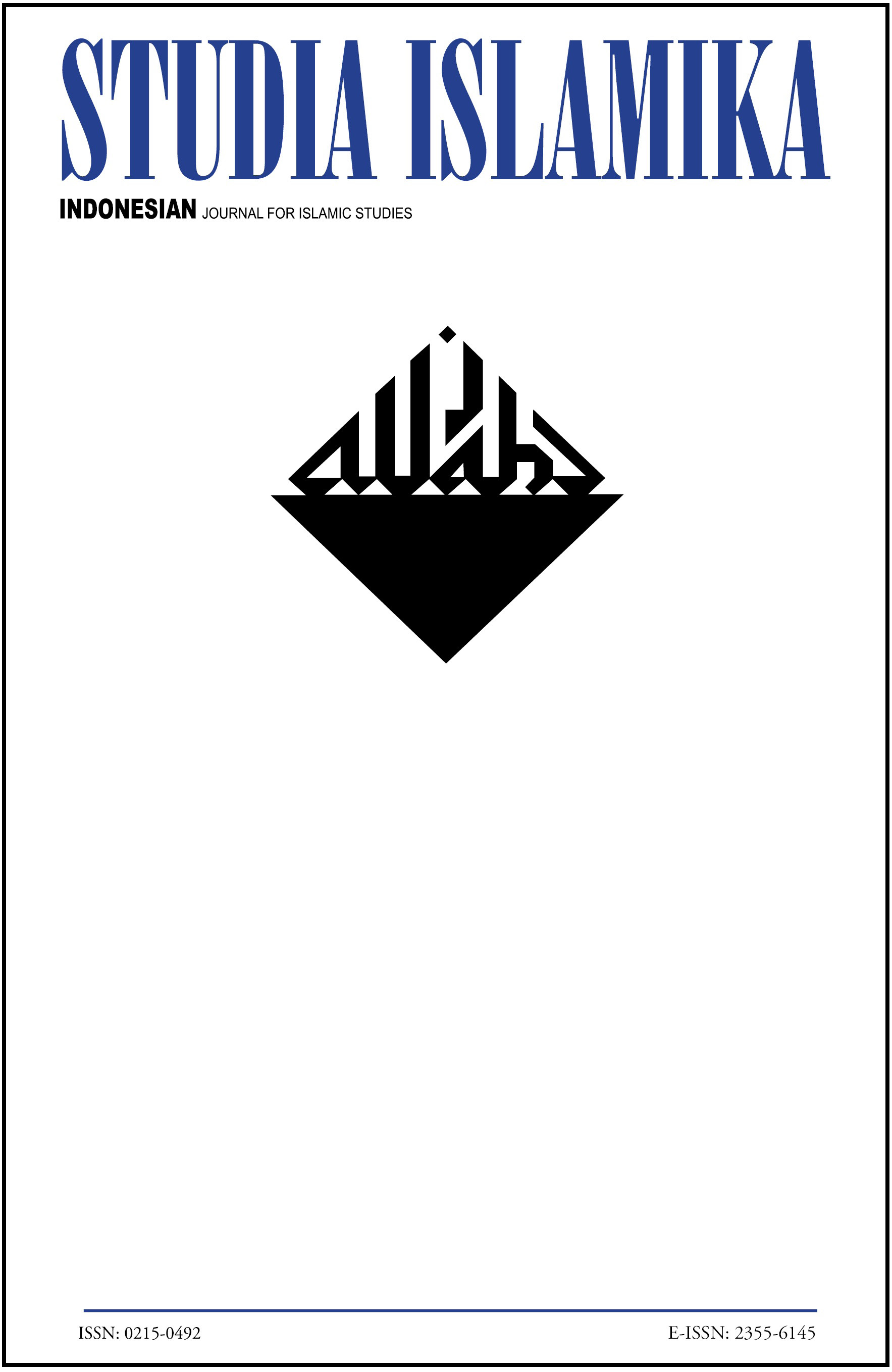Abstract
This article examines the film 212: The Power of Love, which has been perceived as apolitical in political circumstances, and which was explicitly endorsed by new religious authorities. By critiquing the notion of Post-Islamism employed by scholars, this paper argues for the concept of Pop-Islamism, which emphasizes the contribution of political agents outside of political parties. I consider the following three questions: What is the primary reason behind creating a film in the context of the 212 movements? How does it deal with the event? What kind of Islam has been represented? This article argues that the medium of film is used to legitimize accusations of blasphemy made against Ahok through a singular interpretation of events, which represent Islam as a peaceful and tolerant religion. Subsequently, the film obscures select facts and issues to conceal the connection between the 212 movement and electoral politics in Jakarta. It does so by framing those issues apolitically in the context of increased Islamization in Indonesia.Authors who publish with this journal agree to the following terms:
- Authors retain copyright and grant the journal right of first publication with the work simultaneously licensed under a Creative Commons Attribution License that allows others to share the work with an acknowledgement of the work's authorship and initial publication in this journal.
- Authors are able to enter into separate, additional contractual arrangements for the non-exclusive distribution of the journal's published version of the work (e.g., post it to an institutional repository or publish it in a book), with an acknowledgement of its initial publication in this journal.
- Authors are permitted and encouraged to post their work online (e.g., in institutional repositories or on their website) prior to and during the submission process, as it can lead to productive exchanges, as well as earlier and greater citation of published work.
Downloads
Download data is not yet available.

